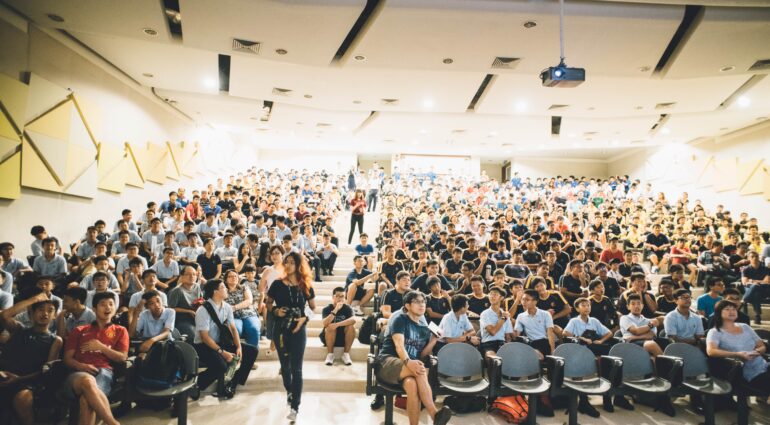
Event production involves the planning, organization, and execution of live events, such as concerts, festivals, corporate events, and other gatherings. The goal of event production is to create a memorable and engaging experience for attendees, while also managing logistics, budgets, and other operational considerations.
Event production typically involves the following stages:
Concept development: Defining the event’s purpose, goals, target audience, and theme.
Planning and logistics: Coordinating the event’s location, date, time, equipment, vendors, and other logistical considerations.
Creative design: Developing the event’s visual and experiential elements, such as stage design, lighting, sound, and visual effects.
Production management: Managing the technical and operational aspects of the event, including rehearsals, load-in, load-out, and on-site management.
Marketing and promotion: Developing and executing a marketing and promotional strategy to promote the event and drive attendance.
Successful event production requires a combination of creativity, technical expertise, project management skills, and strong communication and collaboration with various stakeholders. Event producers must be able to think creatively and strategically, while also managing budgets, timelines, and logistics to ensure that the event runs smoothly and achieves its goals.
Event production is a critical component of the entertainment and hospitality industries, as it enables businesses and organizations to engage with their audiences in a live, immersive setting. Whether it’s a concert, festival, or corporate event, a well-produced and executed event can create a lasting impact and leave attendees with a positive impression.